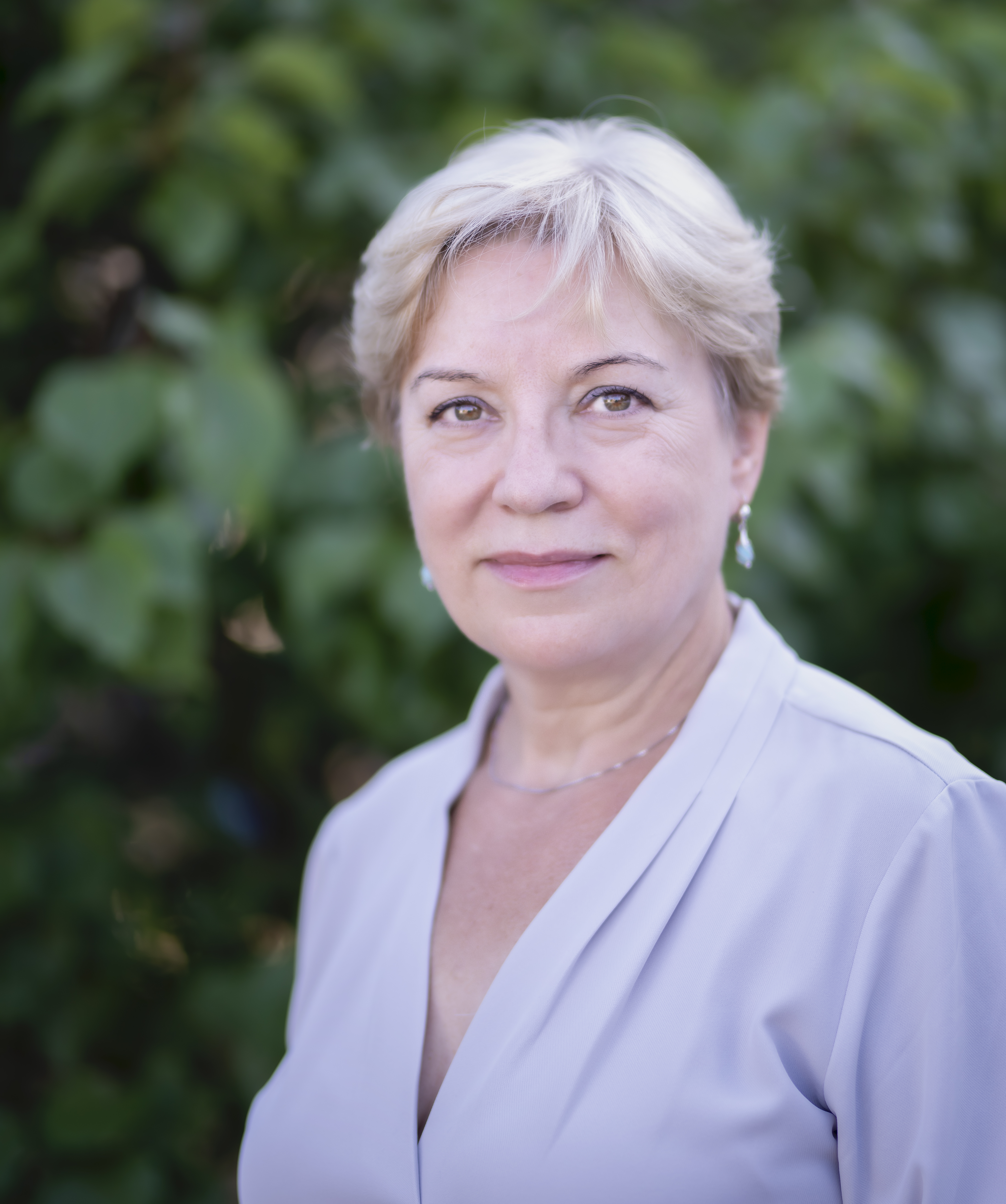

Having recently presented her work at the 10th World Congress of the International Council for Central and East European Studies, Dr. Veta Chitnev, Director of Undergraduate Studies for Russian, offers us an exciting glimpse of aspects of learning the Russian language—and immersing oneself in Russian culture today.
CENES: What is exciting about learning Russian in 2021?
VC: Russian language classes are well known for their strong sense of community. In 2021 we will continue to organize social events such as the Russian Old New Year, Maslenitsa and the End of the Year celebrations. A sense of belonging and friendship beyond the classroom are distinctive features of the Russian classes. I expect that in this coming academic year, Russian courses will be more student-centered generally. We’ll be talking to current and former students to get their help adjusting the content of our courses to suit students’ interests, which will make our classes even more exciting for both the students and the instructors.
CENES: We all know Russian is hard, but what is for you the most fun part about learning / speaking Russian?
VC: There is a common misconception that Russian is a difficult language. But it is not! There are several reasons why I think that Russian is easy:
Russian is logical. There are very few exceptions to the rules. Many words look and sound very similar in Russian and have the same meaning as in the English language (e.g., студент – student). The Russian alphabet is not as difficult nor as different as it seems. It takes our students approximately two academic hours to learn the entire alphabet and to be able to read. Russian is phonetic, which means its written form corresponds with its spoken form. One can learn to read Dostoevsky in a few hours, and a native Russian speaker will understand every word you will pronounce. Some features of the Russian language make it easy to learn in comparison to English. For example, a flexible word order, lack of articles, and easy question formation achieved by simply changing intonation.
Lastly, Russian people love their language and culture, and are among the most enthusiastic people when sharing their knowledge with others. One of our students achieved near-native fluency in spoken Russian by practicing the language while walking their dog with a Russian dog owner.
CENES: How has the pandemic affected life in Russian-speaking places?
VC: The pandemic has had a devastating effect on Russian-speaking places. Russians who live in the West and those who live in the Russian Federation have experienced different problems. Many Russian immigrants in Vancouver, for whom a sense of community is crucial, suffered a lot from the lack of interaction with their friends and extended families. In stark contrast, many people in Russia are still living their lives as if the pandemic does not exist. Due to the lack of trust in the vaccine approved by the authorities, the percentage of those who have been vaccinated is low in Russia. As a result, the death rate from COVID-19 is devastatingly high. A Russian-American journalist, Masha Gessen, quotes a Russian sociologist Anna Temkina: “Everyone has struck some kind of bargain with fate… I think we maintain our identities by doing the things we ought not be doing.”
CENES: What kinds of Russian-speaking community opportunities are there here in Vancouver?
VC: In comparison to other ethnic groups, the Russian community in Metro Vancouver is comparatively small, comprising approximately 50,000 people. There are, however, a wide range of community opportunities available in the areas where Russian people have settled: Downtown Vancouver, Richmond and Coquitlam. I would suggest visiting the Russian Community Centre that promotes and supports Russian cultural activities. There, you can watch performances of the Russian folk orchestra, Russian dancers and choir. The Russian Theatre Palme performs a variety of up to 10 shows per season. All of the theatre’s productions have English subtitles.
The Canada Eurasia Russia Business Association, (CERBA), is another organization we work with. CERBA supports relations between Canada, Eurasia and Russia, and several of our students have worked there.


